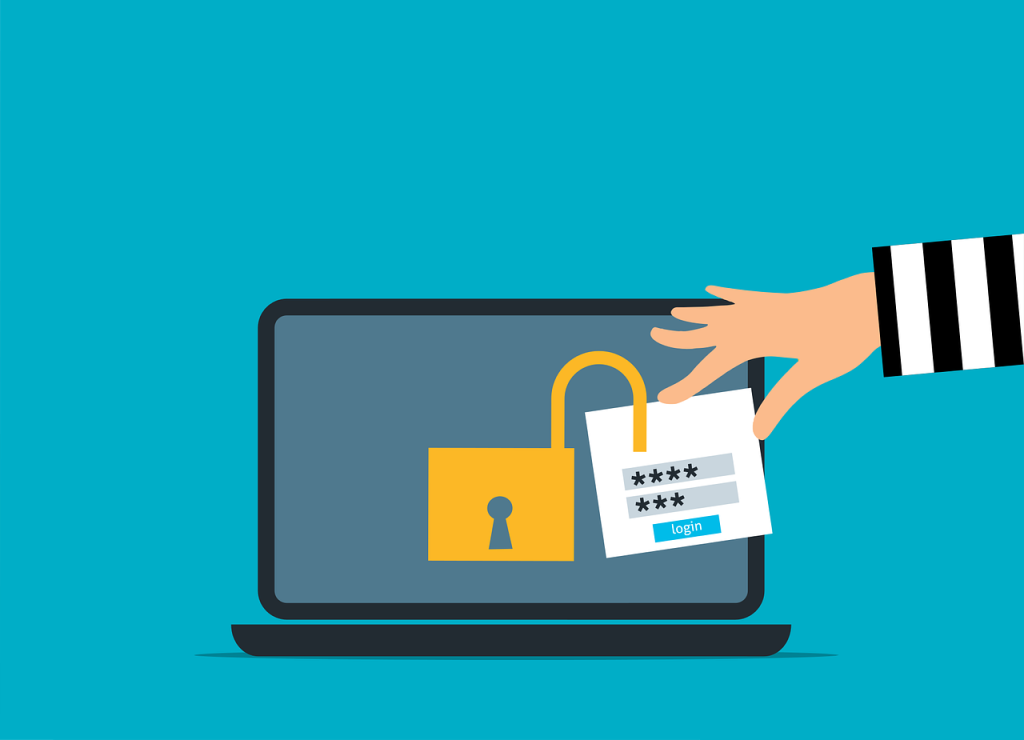In today’s digital age, electronic payments have become increasingly prevalent, offering convenience and efficiency for businesses and customers alike. However, with the rise in eCheck transactions, the risk of fraud has also increased. As a business owner, it’s crucial to take proactive measures to protect your organization from eCheck fraud. In this article, we will explore some effective strategies and best practices that can help safeguard your business and minimize the risks associated with eCheck fraud.
1.) Implement Verification Procedures:
One of the fundamental steps in preventing eCheck fraud is to establish robust verification procedures. By verifying the identity of customers before processing any eCheck transactions, you can significantly reduce the risk of fraudulent activity. Implement procedures that authenticate account holders through various means, such as verifying their name, address, contact details, and other relevant information.
2.) Utilize Address Verification Service (AVS):
Address Verification Service (AVS) is a powerful tool that compares the billing address provided by the customer with the address on file with the credit card issuer or the bank. By cross-referencing these details, AVS helps identify suspicious or mismatched addresses that may indicate fraudulent activity. Integrating AVS into your payment processing system adds an extra layer of security and helps prevent fraudulent eCheck transactions.
3.) Employ Account Validation Services (AVS):
Account Validation Services (AVS) play a vital role in reducing the risk of processing eChecks from closed or fraudulent accounts. AVS verifies the account details provided by the customer against the bank’s records to ensure the account is valid and active. By implementing AVS, you can significantly mitigate the risk of accepting eChecks from unauthorized or compromised accounts.
4.) Adopt Multi-Factor Authentication (MFA):
Multi-Factor Authentication (MFA) is a highly effective security measure for online payment portals and eCheck transactions. MFA requires users to provide multiple pieces of evidence to verify their identity, such as a password, security question, or a one-time password (OTP) sent via SMS or email. By implementing MFA, you add an extra layer of protection that makes it more challenging for fraudsters to gain unauthorized access and conduct fraudulent transactions.
5.) Stay Updated on Security Standards:
To stay ahead of fraudsters, it is essential to keep abreast of the latest security standards and ensure your business’s compliance. Standards like the Payment Card Industry Data Security Standard (PCI DSS) provide guidelines for secure payment processing. Regularly review your systems, maintain secure infrastructure, and encrypt sensitive data to protect against potential vulnerabilities.
6.) Use Fraud Detection and Prevention Tools:
Harness the power of advanced fraud detection and prevention tools. These tools leverage machine learning algorithms and artificial intelligence to analyze transaction patterns, identify anomalies, and flag suspicious eChecks for manual review or blocking. Integrating such tools into your payment processing system can significantly enhance your ability to detect and prevent fraudulent activity.
7.) Monitor and Analyze Transaction Patterns:
Regular monitoring and analysis of transaction patterns can help you detect unusual or suspicious behavior. Establish thresholds and alerts for specific transaction amounts or frequency to identify potential fraudulent activity. By being vigilant and proactive in monitoring transaction patterns, you can promptly respond to potential threats and mitigate the risk of eCheck fraud.
8.) Educate Employees:
Your employees play a crucial role in fraud prevention. Educate your staff on common fraud techniques such as phishing scams, social engineering, and identity theft. Train them to recognize and report potential signs of eCheck fraud. By creating a culture of awareness and providing appropriate training, you empower your employees to be an active line of defense against fraud.
Preventing echeck fraud requires vigilance and adopting security measures across various aspects of your digital life. Remember, maintaining a proactive approach and implementing verification features are crucial for safeguarding your business from echeck fraud in an increasingly digital world.

